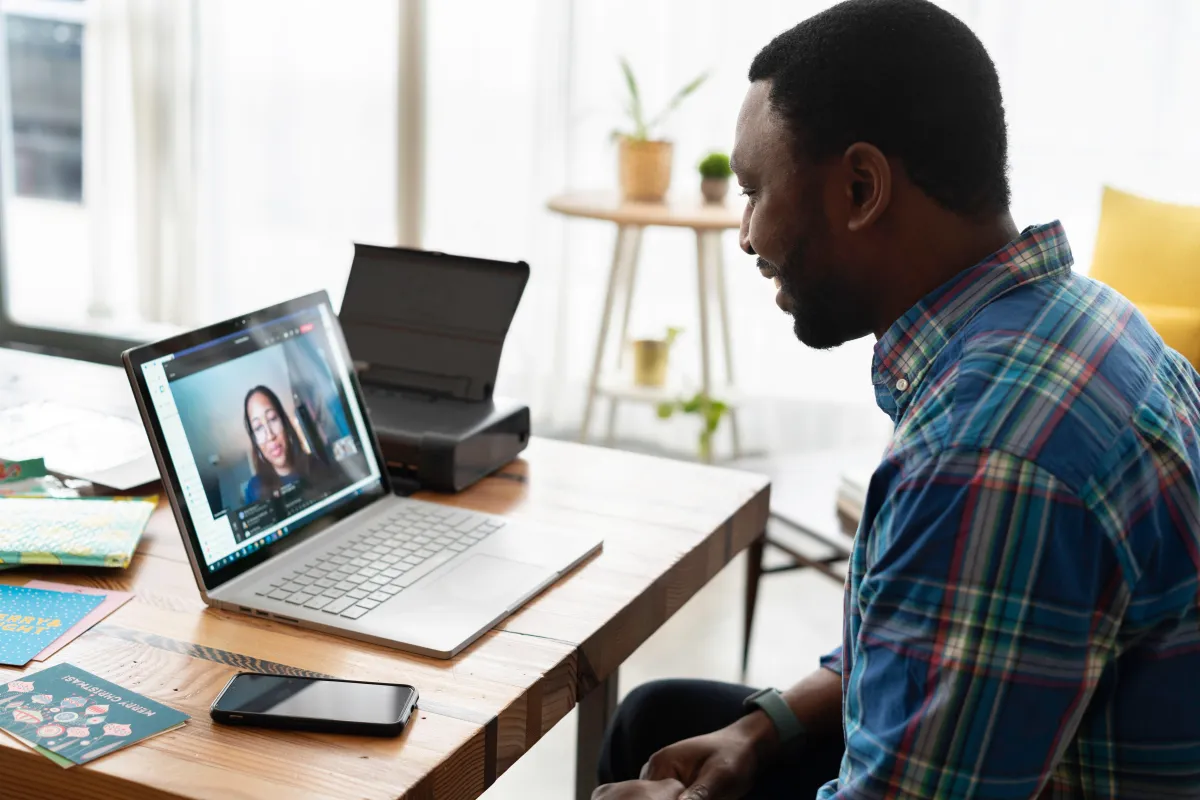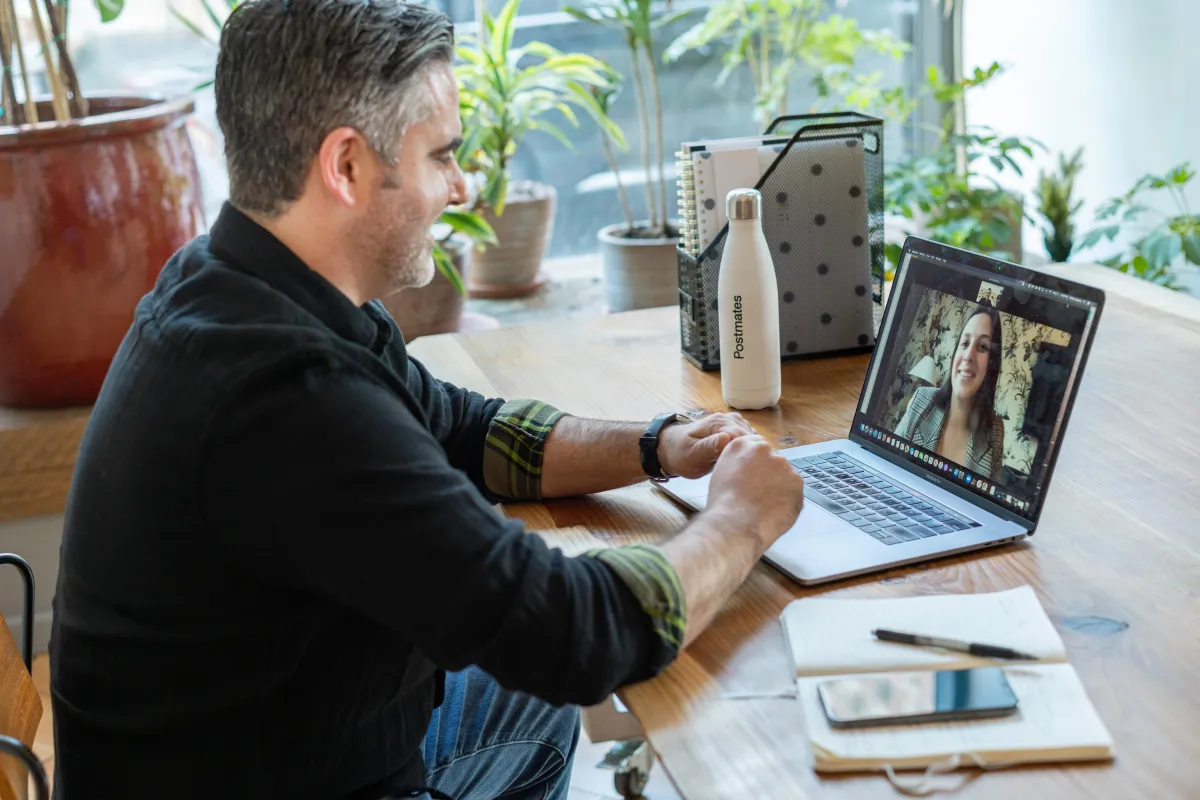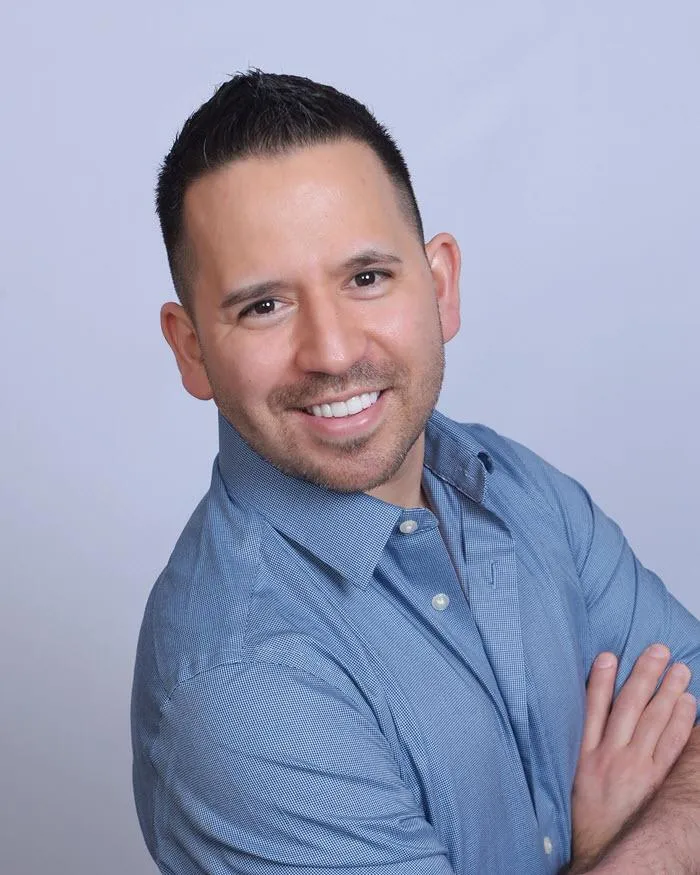Coping Skills and Coping Strategies
How to build reliable and effective Coping Skills to manage your emotional health
Dr. Sean Alexander, DSW, LCSW
Coping Skills: Healthy vs. Unhealthy
We often hear about “coping skills”, but not all coping is created equal. True coping skills are intentional actions that help you manage stress, process emotions, and improve your overall well-being.
Unhealthy Coping
Some strategies bring quick relief but harm your mental health over time:
-Avoiding problems instead of addressing them
-Numbing feelings with substances, risky behavior, or denial
-Depending entirely on others for reassurance
-Trying to control everything and everyone
-Isolating from friends and loved ones
-Most unhealthy coping has one thing in common—avoidance.
Healthy Coping
Healthy coping is a skill you can learn and strengthen:
-Setting realistic goals and expectations
-Being honest with yourself without self-criticism
-Accepting what you can’t control while setting boundaries
-Building resilience and social skills
-Facing fears and difficult situations
-Taking breaks when needed, then returning with a plan
How Counseling Helps
Changing coping habits can be hard—especially when unhealthy patterns are deeply ingrained. A skilled counselor can help you replace harmful patterns with strategies that actually work.
I’m Dr. Sean Alexander, DSW, LCSW, a licensed counselor in Texas. If you’re ready to develop coping skills that last, call me for a free consultation at 832-349-4811.
I can help you build reliable and effective Coping Skills
to manage your emotional health
I am available for Online Counseling Sessions with you anywhere in Texas through Telehealth



- Telehealth services are beneficial for those who need mental health care but can't make their way to a therapist's office.
- It is a convenient way to receive effective therapy, without having to leave home.

- Telehealth is secure and confidential when discussing sensitive issues or symptoms that are related to your condition.
- Telehealth services have been proven effective for the treatment of mental health issues.
Our Hours
Scheduling is flexible, and we strive to accommodate your busy lifestyle.

Make Your Appointment Today
Telehealth has helped so many people get the care they need in a way that truly fits into their busy lifestyle. I am excited to be able to offer telehealth services in my practice. I am ready to help you.
👉🏼To schedule a Free Consultation or for more information call: (832) 349-4811
@ Copyright 2021, Meadowmist Counseling and Family Practice LLC.
